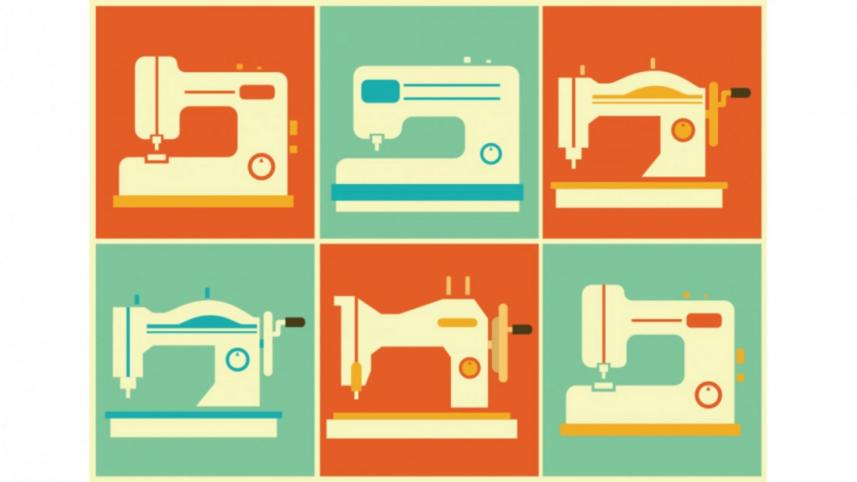RMG buyers putting work orders on hold

International retailers and brands are putting on hold work orders placed with many factories amidst the uncertainty over whether garment factories will be allowed to run during the upcoming 14-day lockdown beginning July 23, said exporters.
The decision is yet to be taken although the local garment manufacturers and exporters on Thursday appealed to the prime minister in favour of continuing operations.
"So, the buyers have been asking me frequently how the work orders would be executed as the lockdown for two weeks is going to be imposed," said Mostafiz Uddin, managing director of Chattogram-based Denim Expert.
"I am scheduled to send $1 million worth of goods on August 1 and 5. If the lockdown continues, I cannot send those goods and my buyers have already said they will not give me a time extension anymore," he said.
The alternative solution is going for expensive air shipments which is a major concern for him, added Uddin.
Sending goods on aircraft is very expensive and many local exporters cannot afford it during this pandemic as they have been struggling to survive and revive business from the Covid-19 fallouts, he said.
"It (imposing lockdown) will be the biggest disaster in our industry," Uddin told The Daily Star over the phone.
Many buyers have already been following a go-slow policy regarding placement of work orders considering the possible imposition of lockdowns, although they were not yet cancelling those already made, said Uddin.
The months of July and August are also very important for two critical reasons, he said.
This is the peak season for sending goods for the upcoming winter season and Christmas sales and for placing work orders for the next summer season, said Uddin who has also been struggling to revive his business from losses incurred last year.
There is a possibility of a portion of work order getting shifted to other countries if the local suppliers cannot cater to those timely and properly, he said.
"It will be difficult to bring back the work orders if those are diverted from here to other countries for any reason," Uddin also said. "Both we and the buyers are very much worried," he said.
Faruque Hassan, president of the Bangladesh Garment Manufacturers and Exporters Association (BGMEA), the platform of apparel makers and exporters, echoed Uddin.
He said many international retailers and brands have been either sending messages or making phone calls and sending mails to know what would happen over the lockdown as they were very worried about their supply of goods.
"No buyer has cancelled work orders up until now as no BGMEA member has complained about it. However, a lot of the members have been complaining to me about the placement of work orders by the international retailers and brands," he said.
For instance, buyers who were supposed to place orders for one million pieces of t-shirts are now seeking half of it as uncertainty prevails over production due to the upcoming lockdown, he said.
Although the buyers were not cancelling work orders up until now, if uncertainty prevails, the situation might prompt them to go for cancellations in the near future, said Hassan.
He said he has been lobbying with the government high-ups over the past three days to keep garment factories out of the purview of the lockdown for maintaining smooth operations of the supply chain of apparel items in the peak season, he said.
Particularly, if the buyers lose their confidence in Bangladesh, it will be very difficult to restore it, he added.
Abdul Kader Khan, president of the Bangladesh Garments Accessories & Packaging Manufacturers & Exporters Association (BGAPMEA), said most of the garment workers were from northern districts.
They could turn into carriers of the virus if they are allowed to travel to their village homes, he said.
Shahadat Hossain Sohel, chairman of the Bangladesh Terry Towel & Linen Manufacturers & Exporters Association (BTTLMEA), said all hotels in Europe and the US have reopened.
They need a lot of towels and this is peak season for the shipment of towels, he said. "We will be losers if we cannot supply towels to them timely," he also said.
If the factories cannot run, the garment suppliers will have to face expensive air shipments for which many will be affected badly, Sohel said.
Freight charges have reached abnormal highs, with the cost of sending a kilogramme (kg) of garments from the Chattogram port to London now being 36 cents. It used to previously cost nearly 20 cents.
But sending each kilogramme of goods by aircraft from the Dhaka airport to London currently costs $4.30.
The rates will go even higher if the international retailers and brands want to get goods within the time they have set, he said.
No factory owner is capable of bearing the cost of expensive air fares in the time of pandemic, which has already affected the global supply chain badly, Sohel said.
Leaders of trade bodies of the garment and textile sector in Thursday's joint statement to Prime Minister Sheikh Hasina and the cabinet secretary said Bangladesh's garment export would lose out $119.38 million per day if the factories were shut down for any reason.
On the first 14 days of the current fiscal year, the earning from the garment sector is estimated to be $1.68 billion, they said.




 For all latest news, follow The Daily Star's Google News channel.
For all latest news, follow The Daily Star's Google News channel.
Comments